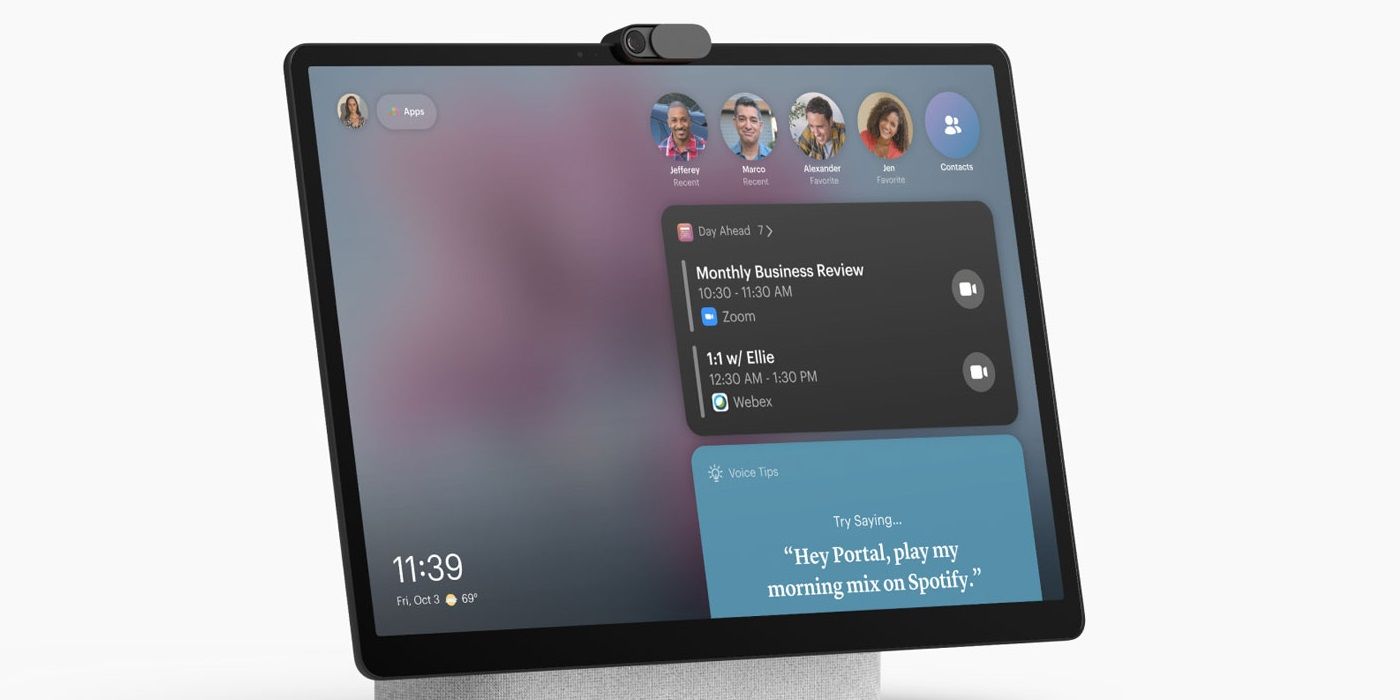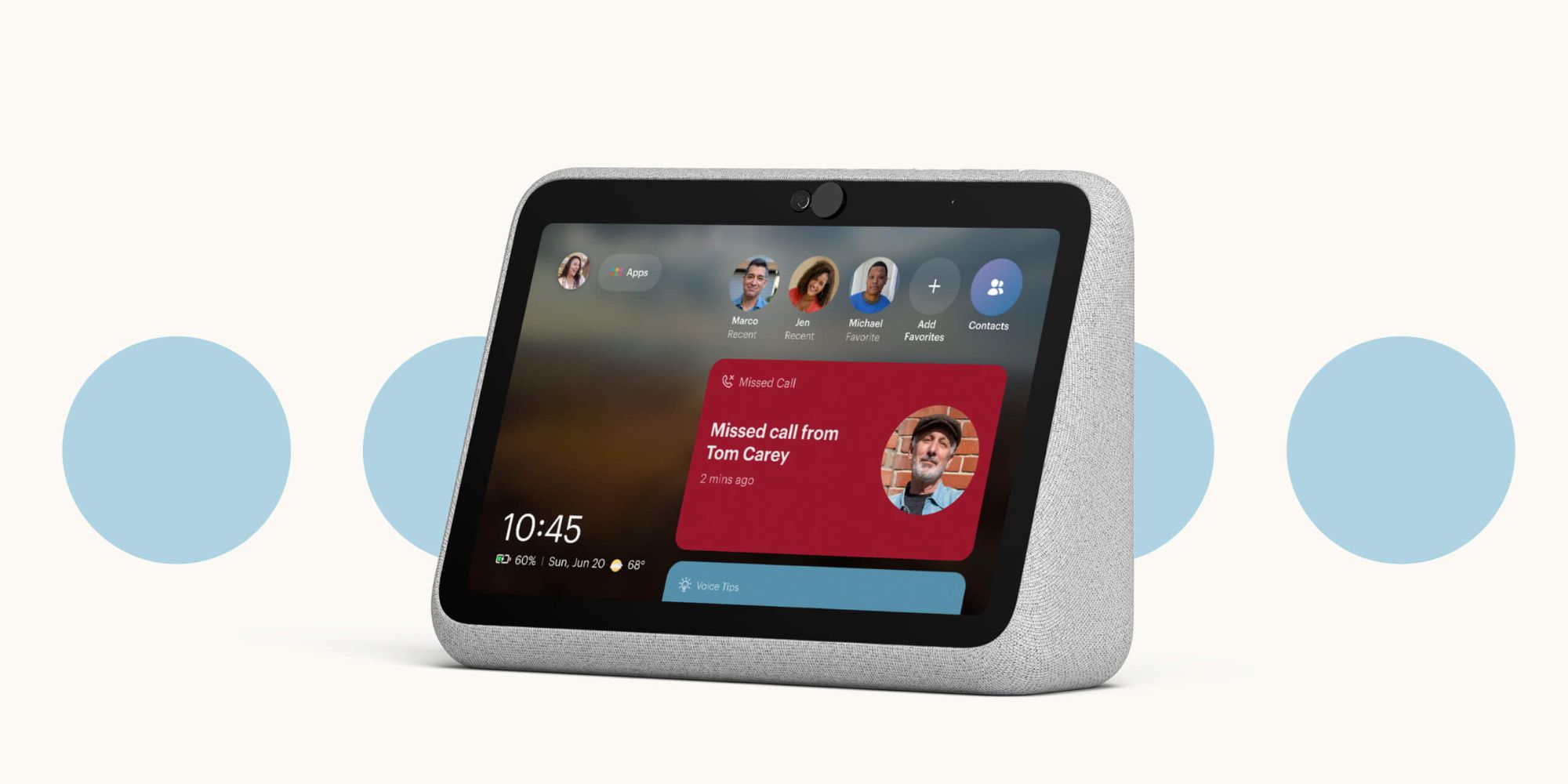Meta no longer plans to sell its Portal lineup directly to consumers and instead intends to reposition the devices for business use, according to new reports. Meta, formerly Facebook, is no stranger to controversy and the Portal line was also met with some initial resistance and concerns. Regardless of those concerns, this latest reported change might just simply make good business sense for Meta.
The first Portal product was released back in 2018 as a smart display equipped with a camera. The idea was to make it easier for friends and family to keep in touch via video calls. Since then, the lineup has continued to expand. For example, consumers can currently pick up a Portal TV, a camera-enabled device that connects to a smart TV to add video-calling functionality. Even more recently, Meta released a Portal Go, a smaller smart display with a built-in battery, along with a Portal+, an updated version of the original model.
Originally reported by The Information, Meta is currently planning to transition Portal from a consumer-based to a business-focused product line with all new models no longer being offered directly to consumers. Following the initial report, a “source familiar with the matter” also confirmed the directional change to The Verge. According to the reports, the change will not only better cater to the video-calling strengths of the Portal line, but also reduce costs for the company in general.
Probably The Right Move For Meta
As these were Facebook hardware devices, and considering the various data-related issues and concerns that were being raised at the time the Portal line launched, there were some concerns that a Facebook camera in the home could be a little too much. Even with the transition to Meta, it is likely that some consumers might still be hesitant with picking up a product like this. In contrast, standalone video-calling displays and devices that can add video-conferencing features to a larger screen are likely to appeal to businesses looking for a quick and easy to implement solution.
Facebook is not the only company to make a smart display, let alone one that can assist with video calls, and the competition within the space is also likely to be a factor in Meta's decision. If it has yet to make a dent in the market, and doesn’t see any sign of actually improving its market position, then it may make sense to stop investing as much as it had previously. Of course, if the Metaverse ever gets anywhere close to being what Meta is promising, there might also be very little need for a Portal device in the home.
Source: The Information, The Verge


